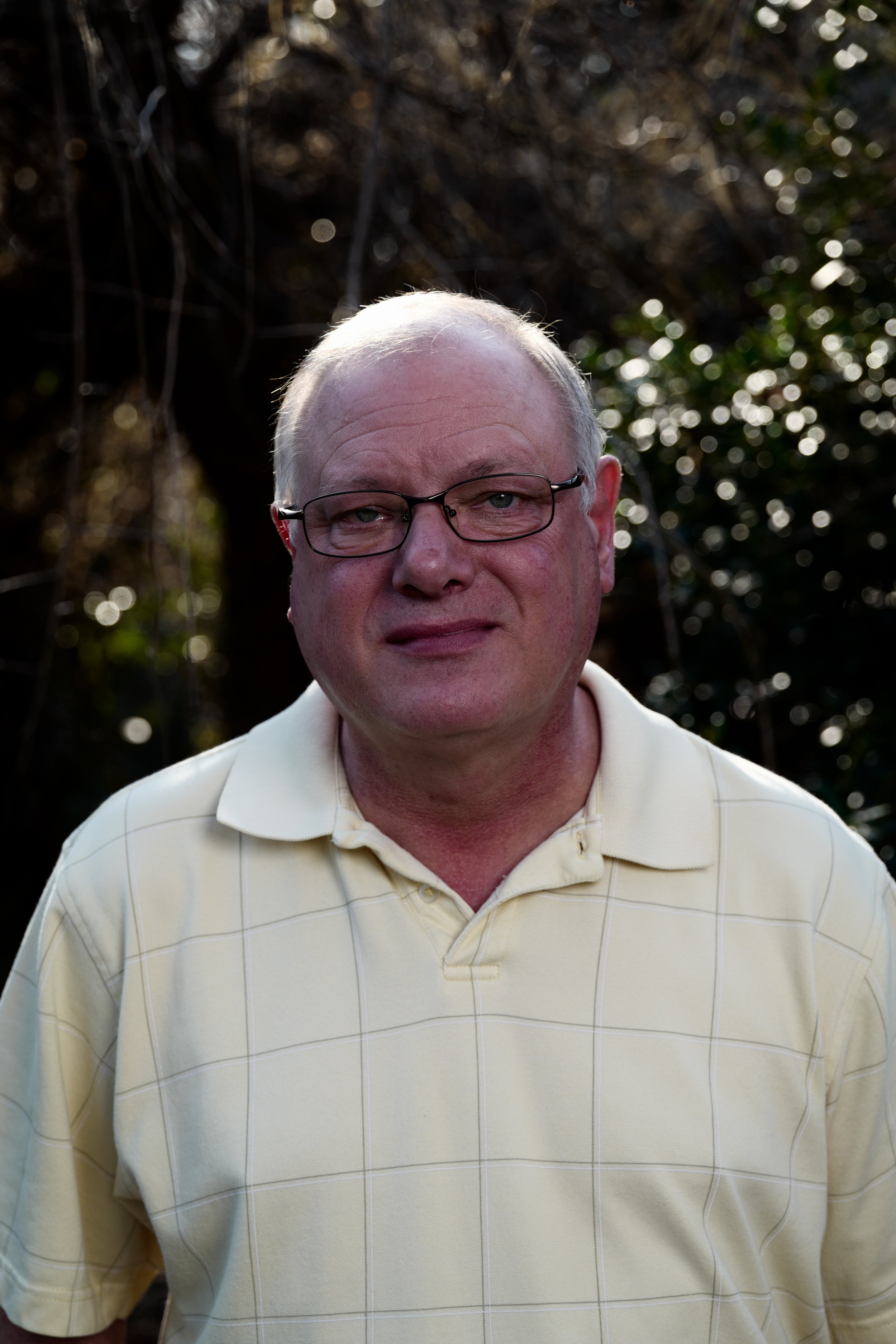Unknown Facts About Uv/vis
Branch of spectroscopy Table-top spectrophotometer Beckman IR-1 Spectrophotometer, ca. 1941 Beckman Model DB Spectrophotometer (a double beam design), 1960 Hand-held spectrophotometer utilized in graphic market Spectrophotometry is a branch of electromagnetic spectroscopy worried about the quantitative measurement of the reflection or transmission properties of a material as a function of wavelength.
Spectrophotometry is a tool that hinges on the quantitative analysis of particles depending on how much light is soaked up by colored compounds.
Fascination About Spectrophotometers
A spectrophotometer is frequently used for the measurement of transmittance or reflectance of options, transparent or opaque solids, such as polished glass, or gases. Lots of biochemicals are colored, as in, they take in visible light and for that reason can be measured by colorimetric procedures, even colorless biochemicals can frequently be converted to colored substances appropriate for chromogenic color-forming responses to yield compounds appropriate for colorimetric analysis.: 65 However, they can also be created to determine the diffusivity on any of the noted light varieties that usually cover around 2002500 nm utilizing various controls and calibrations.
An example of an experiment in which spectrophotometry is used is the decision of the stability constant of an option. A certain chain reaction within an option might take place in a forward and reverse direction, where reactants form items and items break down into reactants. Eventually, this chemical response will reach a point of balance called a balance point.
How Uv/vis can Save You Time, Stress, and Money.
The amount of light that passes through the solution is indicative of the concentration of particular chemicals that do not allow light to travel through. The absorption of light is because of the interaction of light with the electronic and vibrational modes of molecules. Each kind of molecule has an individual set of energy levels connected with the makeup of its chemical bonds and nuclei and therefore will soak up light of particular wavelengths, or energies, leading to special spectral properties.
They are commonly utilized in lots of markets consisting of semiconductors, laser and optical production, printing and forensic assessment, as well as in labs for the research study of chemical substances. Spectrophotometry is typically utilized in measurements of enzyme activities, decisions of protein concentrations, determinations of enzymatic kinetic constants, and measurements of ligand binding reactions.: 65 Eventually, a spectrophotometer is able to figure out, depending on the control or calibration, what compounds are present in a target and precisely how much through calculations of observed wavelengths.
Developed by Arnold O. Beckman in 1940 [], the spectrophotometer was developed with the aid of his colleagues at his business National Technical Laboratories established in 1935 which would end up being Beckman Instrument Business and eventually Beckman Coulter. This would come view website as a service to the formerly created spectrophotometers which were not able to absorb the ultraviolet properly.
Examine This Report on Circular Dichroism
It would be found that this did not offer satisfactory outcomes, therefore in Design B, there was a shift from a glass to a quartz prism which enabled much better absorbance results - UV/Vis (https://www.abnewswire.com/companyname/olisclarity.com_129679.html#detail-tab). From there, Design C was born with a modification to the wavelength resolution which wound up having 3 units of it produced
It was produced from 1941 to 1976 where the price for it in 1941 was US$723 (far-UV devices were an option at additional cost). In the words of Nobel chemistry laureate Bruce Merrifield, it was "most likely the most important instrument ever developed towards the advancement of bioscience." Once it became ceased in 1976, Hewlett-Packard created the first commercially readily available diode-array spectrophotometer in 1979 called the HP 8450A. It irradiates the sample with polychromatic light which the sample absorbs depending upon its homes. Then it is sent back by grating the photodiode range which finds the wavelength region of the spectrum. Given that then, the creation and application of spectrophotometry devices has increased immensely and has become one of the most innovative instruments of our time.
The Main Principles Of Uv/vis
The grating can either be movable or repaired.
In such systems, the grating is repaired and the intensity of each wavelength of light is measured by a various detector in the variety. In addition, most modern-day mid-infrared spectrophotometers use a Fourier transform method to acquire the spectral info - http://www.cartapacio.edu.ar/ojs/index.php/iyd/comment/view/1414/0/30215. This strategy is called Fourier change infrared spectroscopy. When making transmission measurements, the spectrophotometer quantitatively compares the portion of light that travels through a referral service and a test solution, then digitally compares the strengths of the two signals and calculates the portion of transmission of the sample compared to the recommendation standard.

Comments on “Not known Incorrect Statements About Uv/vis/nir”